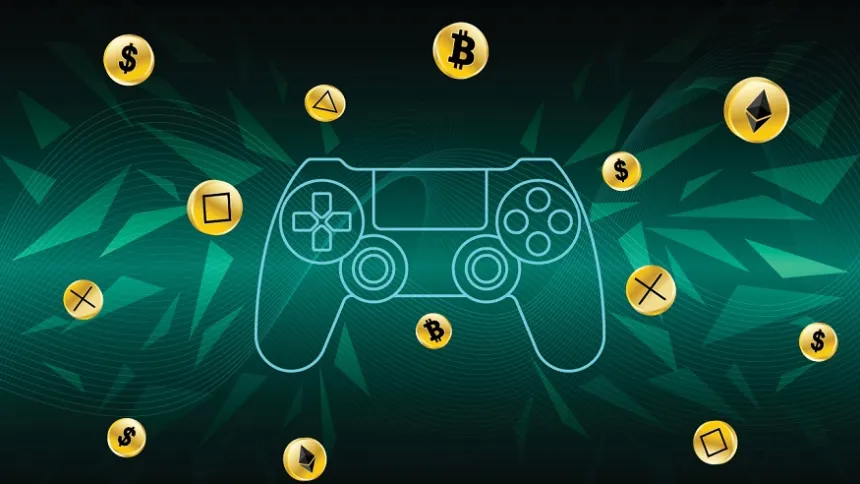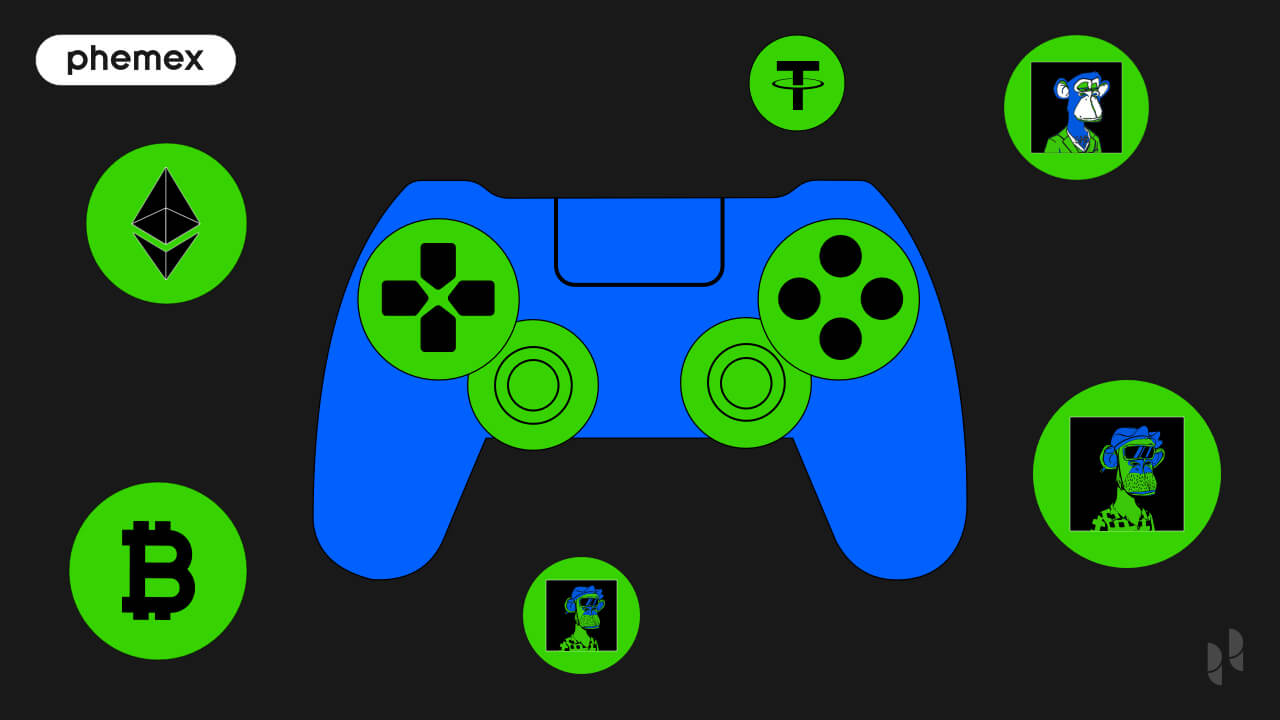Key Takeaways
- Play-to-earn (P2E) games reward players with crypto, NFTs, and digital assets that can be traded or sold.
- Beginners can profit by completing quests, trading in-game assets, or staking tokens.
- Choosing games with strong economies, engaging gameplay, and active communities is essential for long-term success.
The Beginner’s Guide to Earning Crypto Through Gaming
Gaming is no longer just entertainment—it has become a potential source of income. Play-to-earn (P2E) games allow players to earn cryptocurrencies and digital assets while engaging in immersive gameplay. For beginners, the idea of earning real value from gaming can feel overwhelming, but with the right approach, it’s accessible and even rewarding.
How Crypto Gaming Works
At the heart of crypto gaming is blockchain technology. Every in-game item—whether it’s a character, weapon, or virtual land—can exist as a unique NFT (non-fungible token) or a tradable token on a blockchain. This ensures players truly own their digital assets and can trade them in decentralized marketplaces for cryptocurrencies.
Early P2E models rewarded players simply for time spent in-game, often leading to unsustainable token inflation. In 2025, most games emphasize skill, strategy, and meaningful gameplay, making rewards more balanced and economies more stable.
Ways for Beginners to Earn Crypto
1. Completing Quests and Challenges
Most P2E games reward players for completing missions, winning battles, or participating in events. These rewards usually come in the form of tokens or NFTs that can be converted into other cryptocurrencies. Beginners should start with games that have simple learning curves and clear reward structures.
2. Trading In-Game Assets
Many P2E titles feature rare items or characters that can be sold on NFT marketplaces. For example, a legendary weapon or character may increase in value over time. New players can profit by buying low-demand assets and selling them when their value rises, or by participating in early game launches.
3. Participating in Scholarship or Delegation Programs
Some games allow asset owners to rent out their NFTs to other players. Beginners can participate in these programs to access high-value assets without upfront investment, sharing a percentage of the rewards with the asset owner.
4. Staking and Governance Rewards
Certain games integrate DeFi elements, allowing players to stake tokens for passive income or participate in governance decisions. While slightly more advanced, these options provide additional ways for beginners to earn from their in-game activities.
Tips for Getting Started
- Start small: Focus on games with low entry costs or free-to-play options.
- Research tokenomics: Understand the supply, demand, and utility of in-game currencies.
- Join communities: Active communities offer tips, strategies, and updates on rewards and marketplaces.
- Avoid hype-driven games: Not every P2E project is sustainable; look for quality gameplay and a transparent development team.
Some popular beginner-friendly P2E games in 2025 include titles on networks like Solana, Polygon, and Immutable, known for fast transactions and low fees.
The Future of Crypto Gaming for Beginners
The P2E model is evolving into a more sustainable, “play-and-earn” approach. Developers are creating games that reward both time and skill, while integrating blockchain ownership to empower players. For beginners, this means more opportunities to earn, learn, and grow with the ecosystem.
Conclusion
Earning crypto through gaming is no longer a niche concept—it’s a growing digital economy accessible to beginners. By starting with the right games, understanding rewards, and engaging strategically with marketplaces and communities, anyone can profit while enjoying immersive gameplay. With Web3 gaming expanding in 2025, now is an ideal time for beginners to explore and start earning.
Disclaimer: The information in this article is for general purposes only and does not constitute financial advice. The author’s views are personal and may not reflect the views of GameDegen.com. Before making any investment decisions, you should always conduct your own research. GameDegen.com is not responsible for any financial losses.




